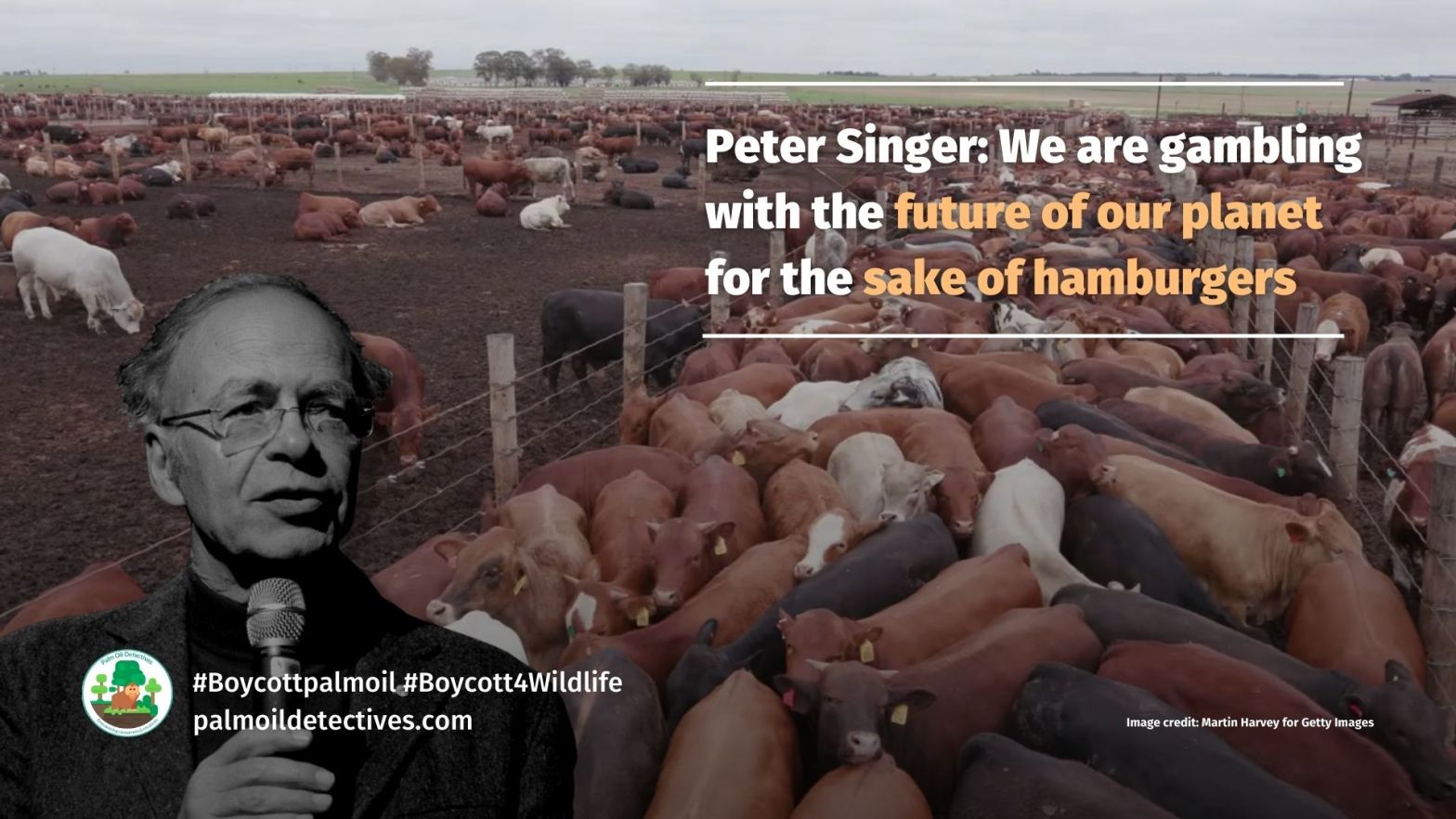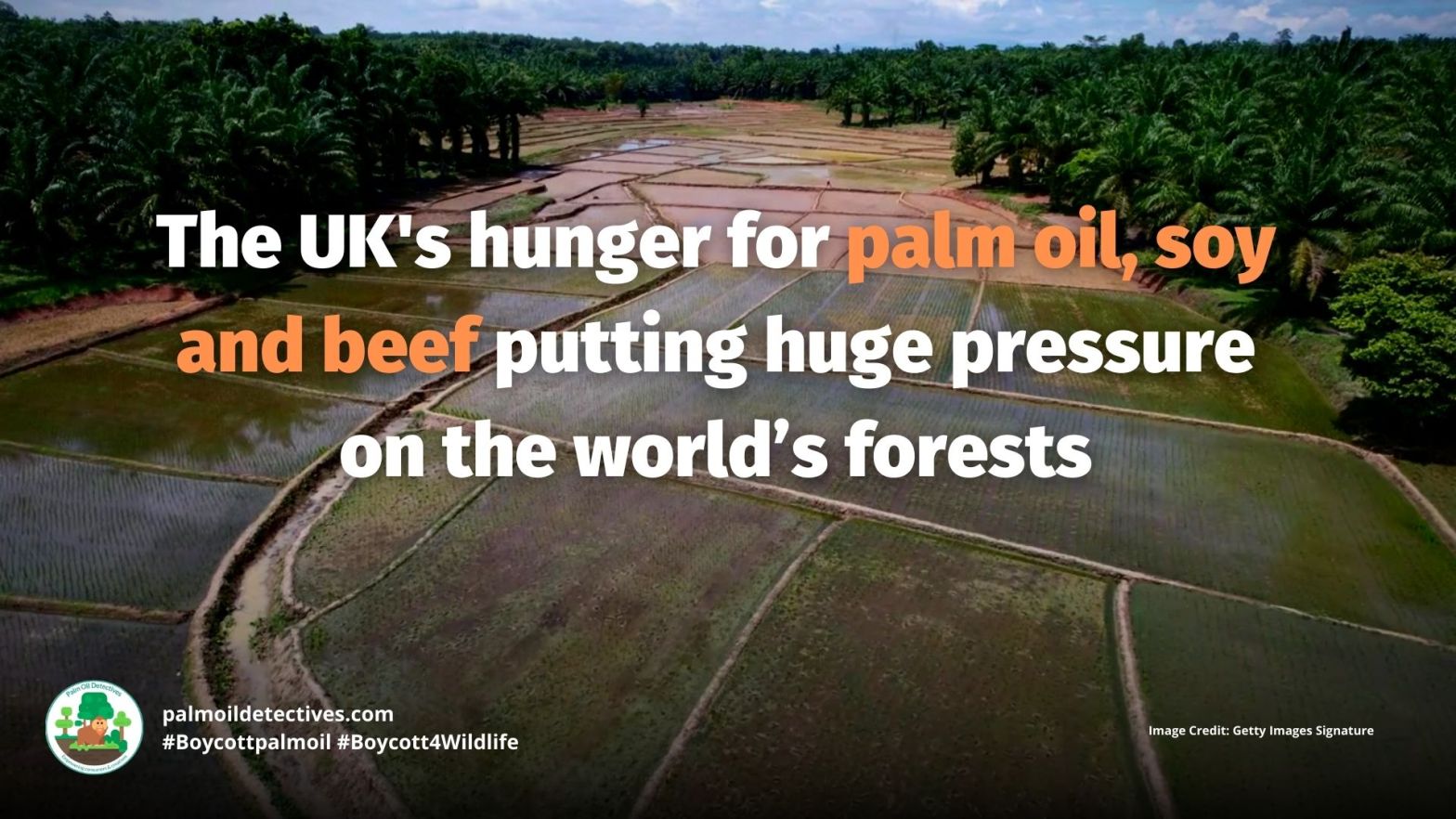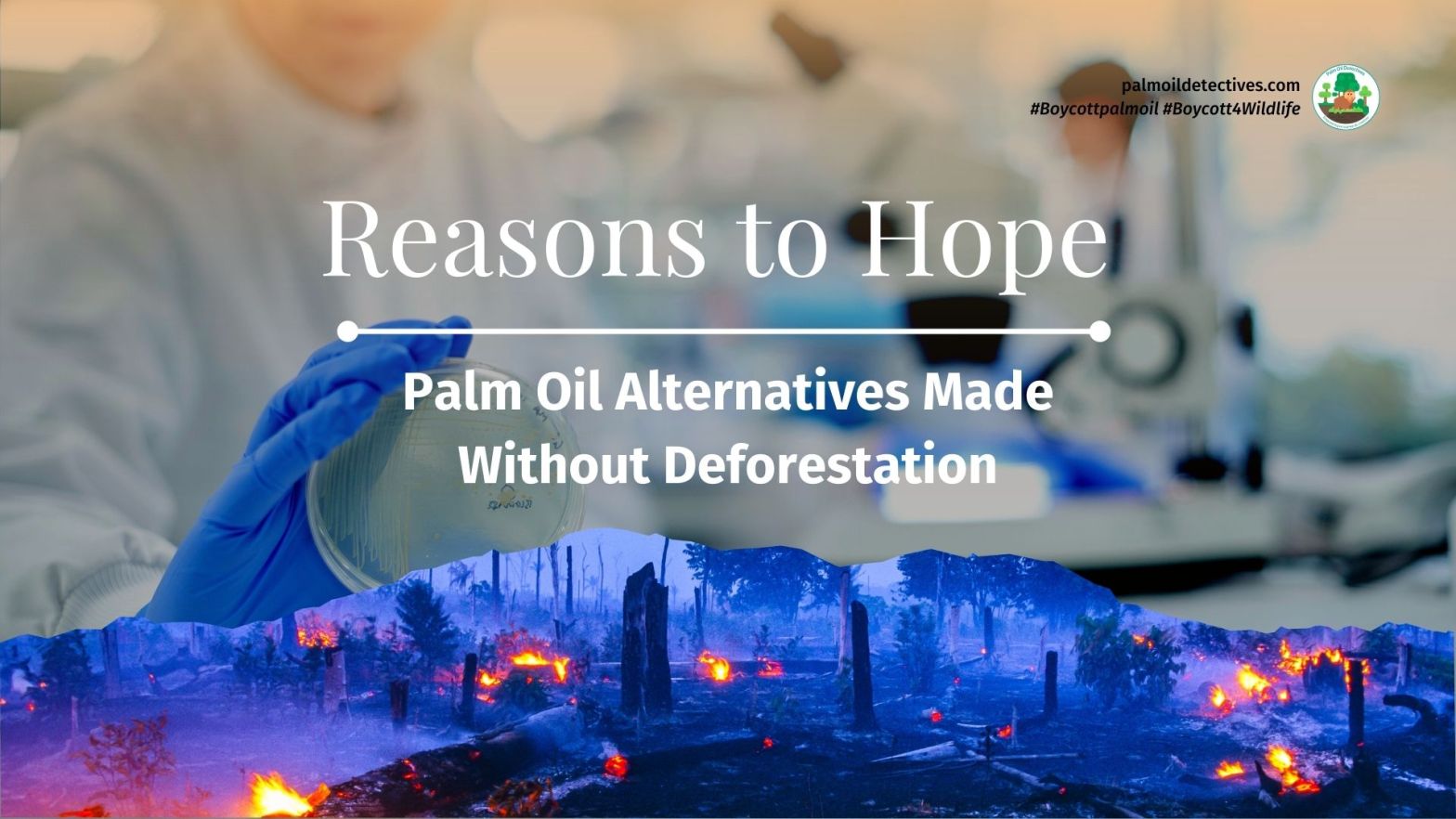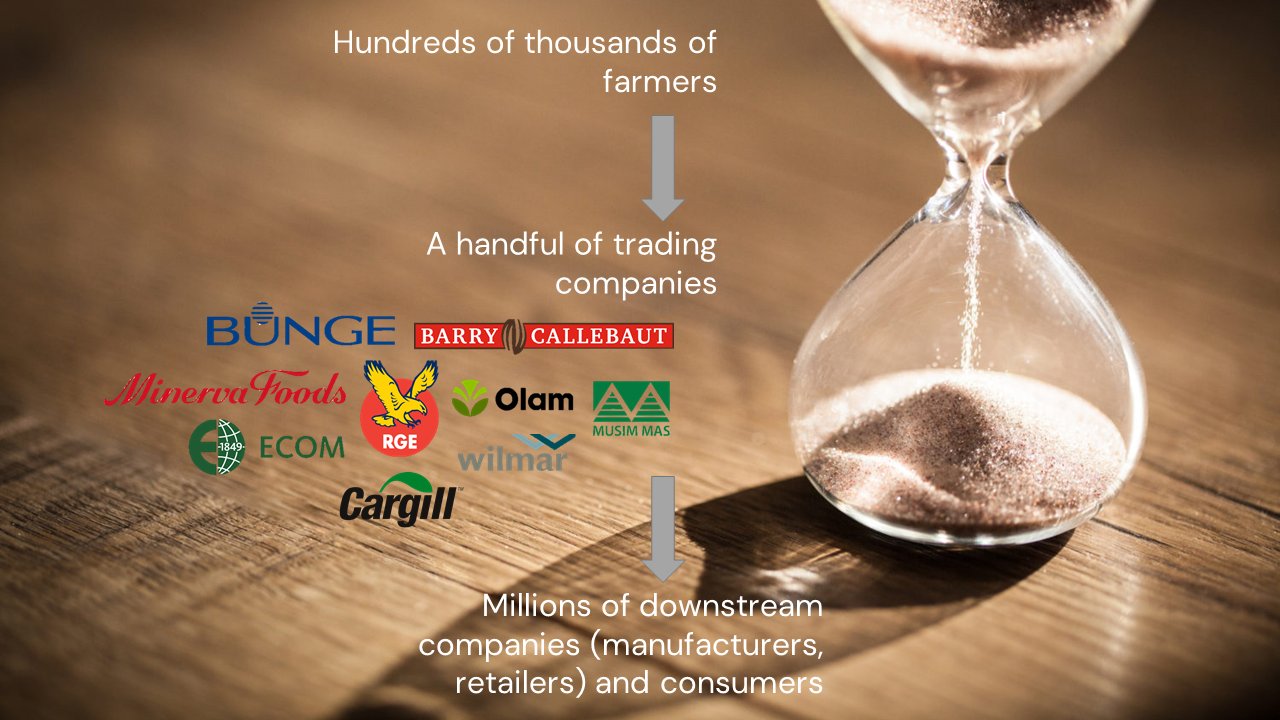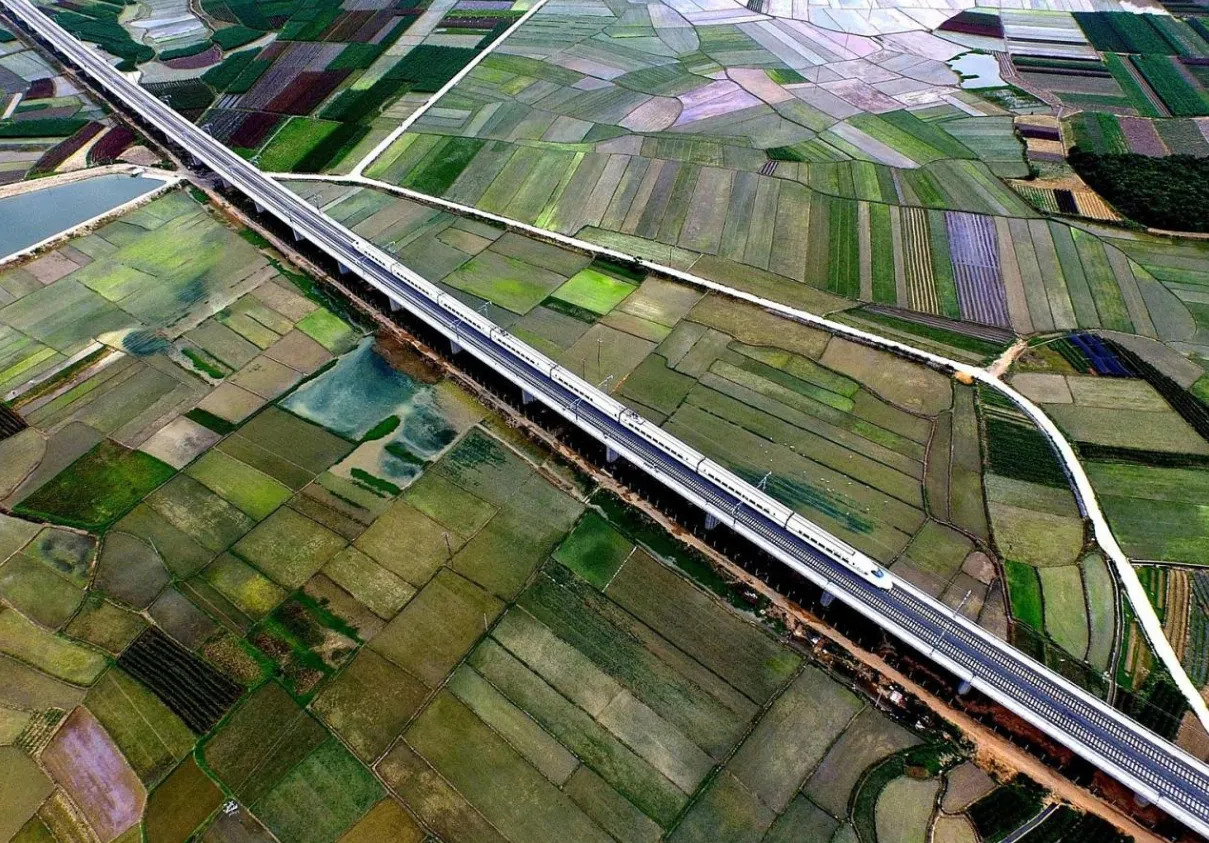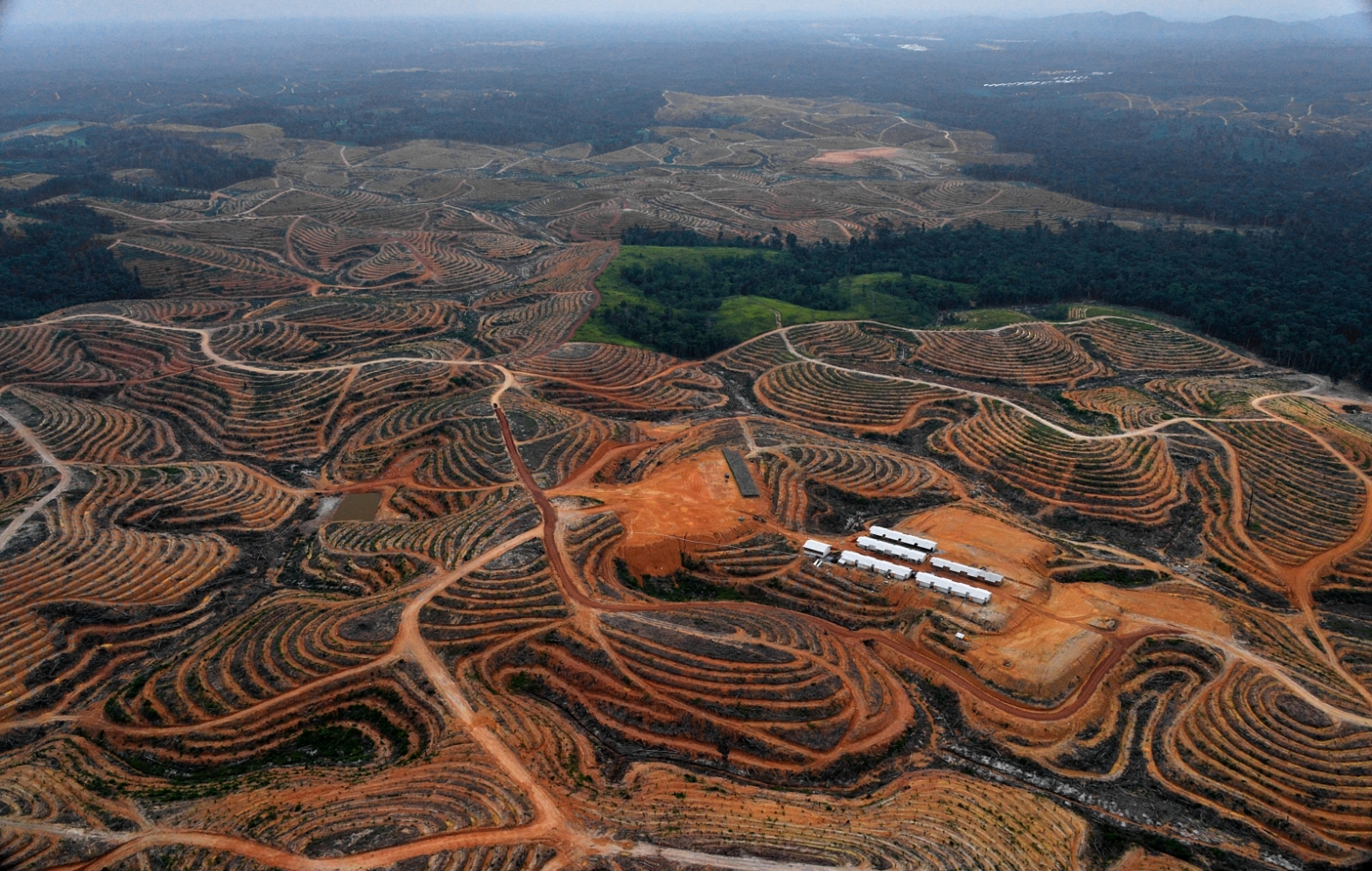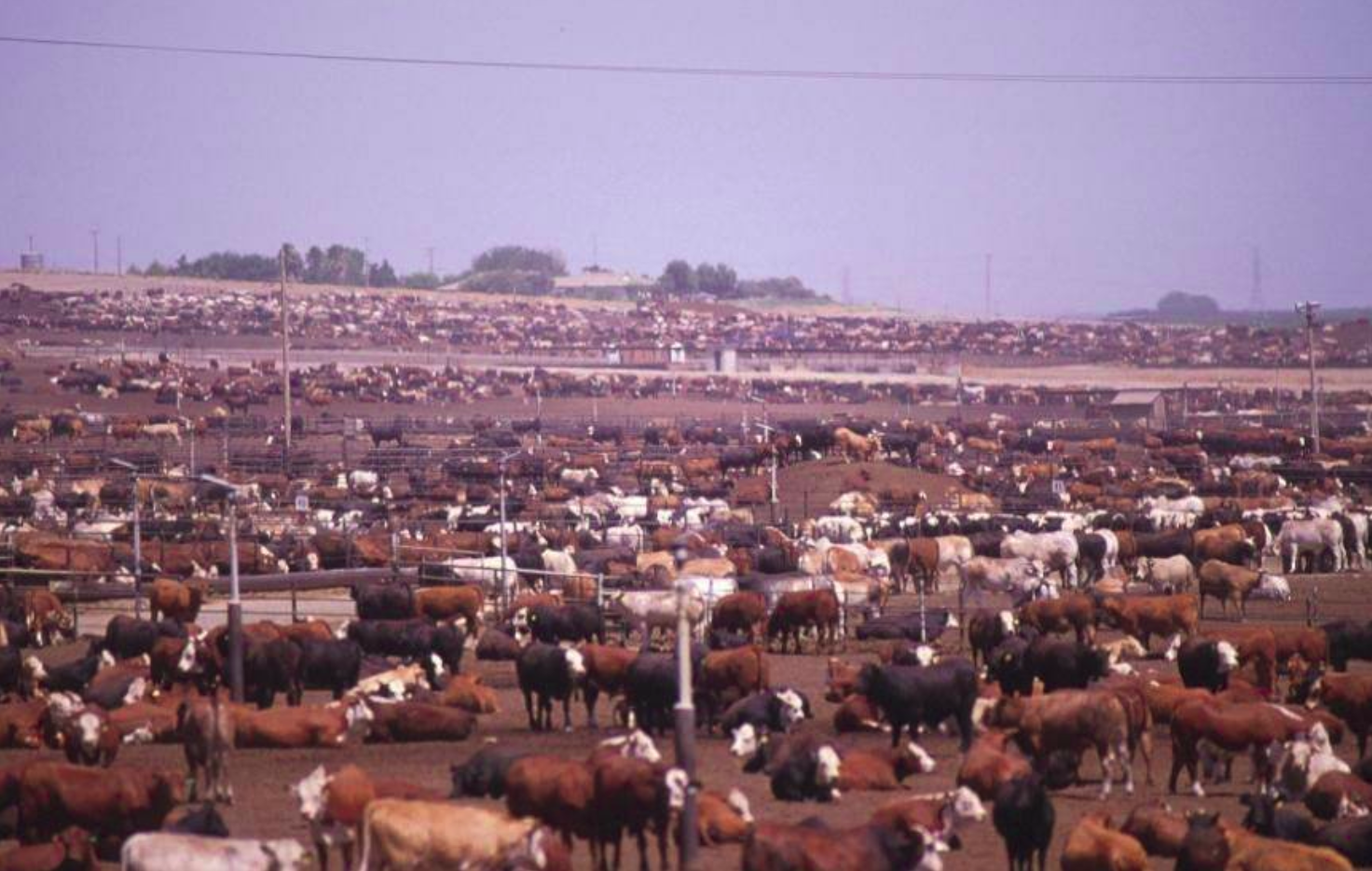Renowned animal rights ethicist philosopher Peter Singer asserts that our dietary choices, particularly our consumption of meat and dairy, are jeopardising the Earth’s future. These industries contribute significantly to environmental degradation, deforestation, and greenhouse gas emissions, intensifying the impacts of climate change. By indulging in hamburgers and other meat-based products, we are not only compromising our health but also the wellbeing of our planet. For a more sustainable and compassionate future, consider boycotting meat and dairy. Choose to be vegan for the animals and to save our planet #Boycottmeat be #vegan #Boycott4Wildlife
Category Archives: Palm Oil & Out-Of-Control Consumerism
The UK’s hunger for palm oil, soy and beef putting huge pressure on world’s forests
Urgent call to action! 🌍 #UK’s heavy use of #palmoil #soy & #beef fuels global #deforestation. Demand stricter regulations & transparency. Make every purchase count and #Boycottmeat #BoycottPalmOil #Boycott4Wildlife, learn more: https://wp.me/pcFhgU-78V
Behind The Green Lie of Sustainable Aviation Biofuel (SAF)
“Sustainable” Aviation Fuel (SAF) is a biofuel alternative to using fossil fuels for powering planes and cars. SAF is being aggressively marketed by multiple industries as a greener alternative to burning fossil fuels in cars and airplanes.
However, SAF is produced from food crops such as rapeseed, palm oil, soy and sugar cane. This requires vast swathes of land to grow. This also means mass deforestation of land that is rich in biodiversity, putting at risk already threatened animals and plants and indigenous peoples all over the world. Emissions from palm oil-derived biodiesel are three times higher than fossil fuel diesel. According to Transport & Environment EU food-based biodiesel leads to around 80% higher emissions than the fossil fuel diesel that it replaces. Read on to find out how you can take action.
Ultra-processed foods are trashing our health – and the planet
Our world is facing a huge challenge: we need to create enough high-quality, diverse and nutritious food to feed a growing population – and do so within the boundaries of our planet. This means significantly reducing the environmental impact of the global food system. Below is information about how you can identify ultra processed foods containing palm oil and other harmful additives, in order to avoid them – for your own health and the health of the planet.
Dwindling tropical rainforests mean lost medicines yet to be discovered in their plants
About 80% of the world population relies on compounds derived from plants for medicines to treat various ailments, such as malaria and cancer, and to suppress pain. Our future medicines are likely to come from plants, but how effectively are we protecting these plants from extinction? We aren’t doing enough and we must do more!
UN report says up to 850,000 animal viruses could be caught by humans, unless we protect nature
Human damage to biodiversity is leading us into a pandemic era. The virus that causes COVID-19, for example, is linked to similar viruses in bats, which may have been passed to humans via pangolins or another species.
Reasons to Hope: Palm Oil Alternatives Made Without Deforestation
Environmental organisation Milieudefensie have calculated that every second, around 169 trees are cut down in tropical rainforests. So the race is on to find a real solution to stop this! Right now, several new technologies are furiously competing with each other to create a healthier, lab-created alternatives to palm oil. Palm oil has been historically grown inContinue reading “Reasons to Hope: Palm Oil Alternatives Made Without Deforestation”
Why Peanut Butter Might Trigger the Next Pandemic
Palm oil is found in roughly 50 percent of packaged household products ranging from peanut butter to lipstick. Now, researchers link its harvesting to disease outbreaks that could spread to humans. This is the first study to examine the cause-and-effect relationship between changes in forest cover and subsequent disease outbreaks on a global scale.
New research: Indirect sourcing of up to 90% of palm oil from Cargill, Wilmar, Musim Mas cannot be traced and is linked to deforestation
New research: Indirect sourcing of up to 90% of palm oil from Cargill, Wilmar, Musim Mas cannot be traced and is linked to deforestation
Almost 90% of the world’s animal species will lose some habitat to agriculture by 2050
David Williams, University of Leeds and Michael Clark, University of Oxford Scientists know that biodiversity is declining across much of the world although less universally and dramatically than we feared. We also know that things are likely to get worse in the future, with a combination of habitat loss, climate change and overexploitation set toContinue reading “Almost 90% of the world’s animal species will lose some habitat to agriculture by 2050”
A global juggling act: feeding the world, saving species
Jim Radford, Deakin University Our planet is on the precipice of a sixth mass extinction event. But unlike the five previous mass extinctions, this one is man-made: a global biodiversity crisis in which species are disappearing three to 12 times faster than the “normal” rate of extinction. Australia is not immune from this crisis. InContinue reading “A global juggling act: feeding the world, saving species”
The rise of ultra-processed foods and why they’re really bad for our health
Phillip Baker, Deakin University; Mark Lawrence, Deakin University, and Priscila Machado, Deakin University Humans (and our ancestors) have been processing food for at least 1.8 million years. Roasting, drying, grinding and other techniques made food more nutritious, durable and tasty. This helped our ancestors to colonise diverse habitats, and then develop settlements and civilisations. ManyContinue reading “The rise of ultra-processed foods and why they’re really bad for our health”
Explainer: What is a tipping point, and why should we care?
Our ability to understand and act thoughtfully around this single concept could determine the fate of life on Earth. August 20, 2020 — Lately, you may have heard someone say that we have reached a “tipping point.” This year alone, with the economic downturn caused by the Covid-19 pandemic and the sustained civil unrest sparkedContinue reading “Explainer: What is a tipping point, and why should we care?”
Can we feed the world and stop deforestation? Depends what’s for dinner
If we all woke up vegan in 2050, we would require less cropland than we did in the year 2000. This could allow us to “reforest” an area around the size of the entire Amazon rainforest – somehow fitting considering 70-80% of deforestation in the Amazon is due to the livestock industry.
How our food choices cut into forests and put us closer to viruses
Terry Sunderland, University of British Columbia As the global population has doubled to 7.8 billion in about 50 years, industrial agriculture has increased the output from fields and farms to feed humanity. One of the negative outcomes of this transformation has been the extreme simplification of ecological systems, with complex multi-functional landscapes converted to vastContinue reading “How our food choices cut into forests and put us closer to viruses”
The Counterpunch: The easy consumer solutions that fight animal extinction and deforestation
Although the world is highly complex, every person can make a difference. That previous sentence almost sounds like a cliche right? Really it’s not. If every person on the planet made a few simple lifestyle changes, it would result in less demand on land and resources and soften the impact of deforestation on endangered species.Continue reading “The Counterpunch: The easy consumer solutions that fight animal extinction and deforestation”
Research: Palm Oil Deforestation and its connection to RSPO members/supermarket brands
The RSPO is a global certification scheme for palm oil that certifies palm oil as ‘sustainable’. Yet this word means absolutely nothing, as RSPO members – the biggest supermarket brands in the world: (Unilever, Nestle, Colgate-Palmolive, L’Oreal, Avon, Mars, Mondelez, Cargill, Danone and more) continue with illegal indigenous landgrabbing, deforestation, human rights abuses, slavery andContinue reading “Research: Palm Oil Deforestation and its connection to RSPO members/supermarket brands”

